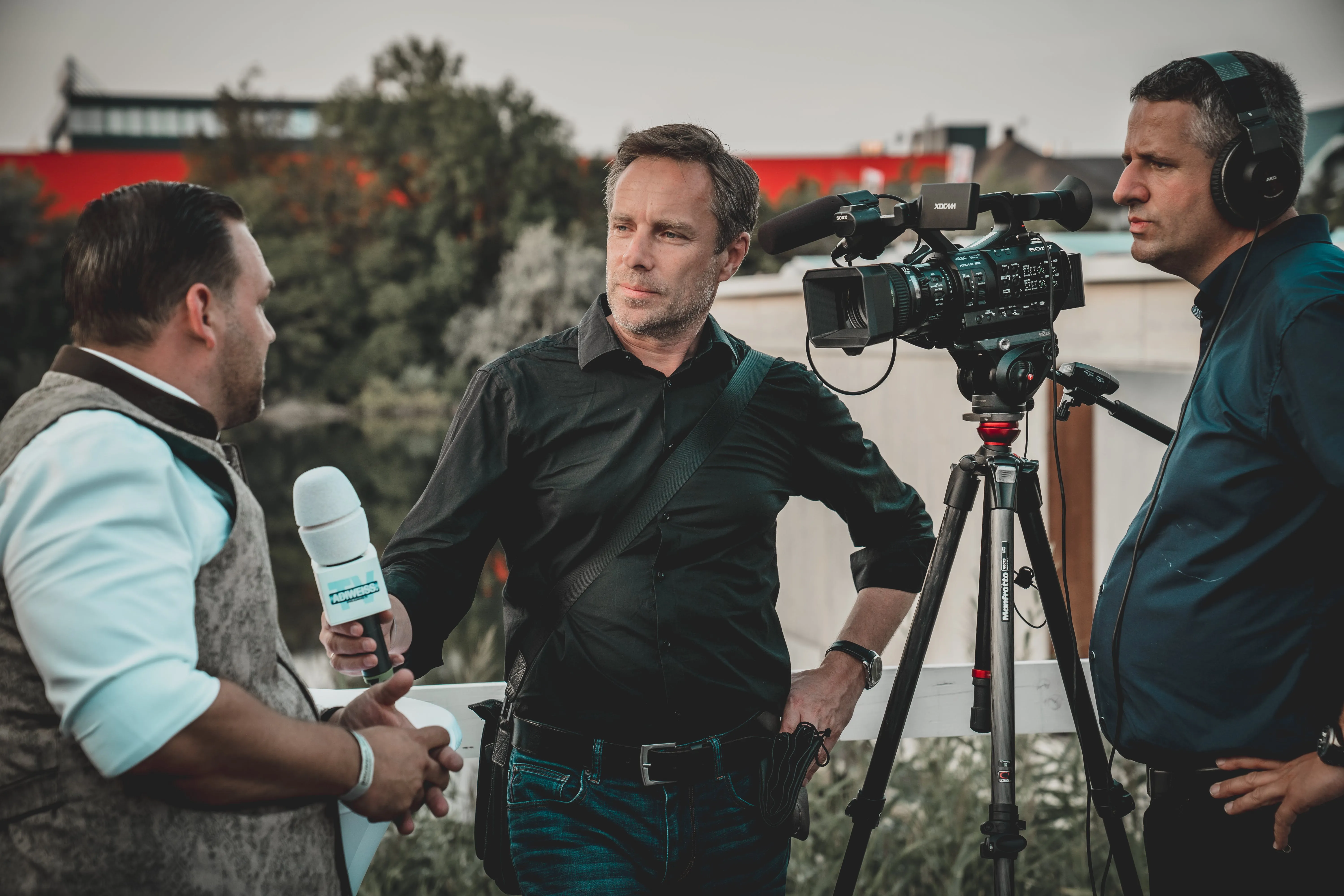The Impact of Technology on Traditional Media
The world of media is evolving at a breakneck pace, and the driving force behind this transformation is technology. As someone who has witnessed this shift firsthand, I can tell you that the impact of technology on traditional media is nothing short of revolutionary. Let's dive into the changing landscape and explore how technology is reshaping the way we consume news, entertainment, and more.

A Personal Journey
The Days of Print
I still remember the days when newspapers were my primary source of information. Every morning, I would eagerly grab the morning paper from my doorstep, savoring the tactile experience of flipping through the pages and absorbing the latest news. It was a ritual that many of us cherished.
Personal Insight: The smell of ink on newsprint and the distinct rustling sound of turning pages are etched in my memory.
The Television Era
Television brought the world into our living rooms. It was the golden age of broadcast journalism, with trusted anchors delivering the evening news. Family gatherings often centered around the TV, whether it was watching the latest sitcom or catching the big game.
Personal Insight: I recall the excitement of gathering with family to watch breaking news events unfold, such as the fall of the Berlin Wall or the moon landing.
The Digital Revolution
The Rise of the Internet
The advent of the internet changed everything. It was like a seismic shift that transformed how we access information and entertainment. Suddenly, news was available 24/7, and we could customize our content preferences like never before.
Personal Insight: I was initially skeptical about getting my news online. However, the convenience of instant updates and the ability to explore diverse perspectives won me over.
The Changing Face of Journalism
Citizen Journalism
One of the most significant impacts of technology has been the rise of citizen journalism. With smartphones in hand, ordinary people can capture and share news as it happens. Social media platforms have become powerful tools for disseminating information, from eyewitness accounts to on-the-ground reporting during major events.
Personal Insight: I once witnessed a car accident and, instinctively, I pulled out my phone to capture the scene. Moments later, my video was being shared by local news outlets.
Interactive Storytelling
Traditional media has had to adapt to the digital age. Interactive storytelling techniques, immersive multimedia experiences, and data-driven journalism have become the norm. News articles are no longer static; they come alive with videos, infographics, and interactive maps.
Personal Insight: I was captivated by a multimedia news feature that allowed me to explore the Amazon rainforest through 360-degree videos and audio recordings of local wildlife.
Entertainment Unleashed
Streaming Services
The rise of streaming services like Netflix, Amazon Prime, and Disney+ has disrupted the traditional television and film industry. Viewers now have the freedom to choose what, when, and where to watch their favorite content. Binge-watching has become a cultural phenomenon.
Personal Insight: I vividly recall a weekend when I watched an entire season of my favorite show in one sitting. The convenience was addictive.
User-Generated Content
Platforms like YouTube and TikTok have empowered individuals to become content creators. Anyone with a camera and an internet connection can share their creativity with the world. This democratization of content has given rise to new stars and diverse voices.
Personal Insight: I stumbled upon a YouTube channel featuring a talented street musician. His story of going from busking on the streets to performing on global stages was truly inspiring.
Challenges and Opportunities
Information Overload
The abundance of information in the digital age has given rise to challenges like misinformation and information overload. It's crucial to navigate this vast sea of content critically and responsibly.
Personal Insight: I once fell for a fake news story that circulated on social media. It taught me the importance of fact-checking before sharing.
The Future of Media
The impact of technology on traditional media is an ongoing saga. The future promises even more innovations, from virtual reality news experiences to AI-driven content curation. As consumers, we have a front-row seat to this ever-evolving landscape.
Personal Insight: I recently tried an AI-powered news app that tailored my news feed to my interests. It was like having a personal news assistant.
Embracing Change
In conclusion, technology has fundamentally transformed the media landscape. While we may look back fondly on the days of print newspapers and appointment television, we must also embrace the opportunities that the digital age brings. The power to connect, inform, and entertain has never been more accessible, and it's an exciting time to be a part of this media revolution.

No comments:
Post a Comment